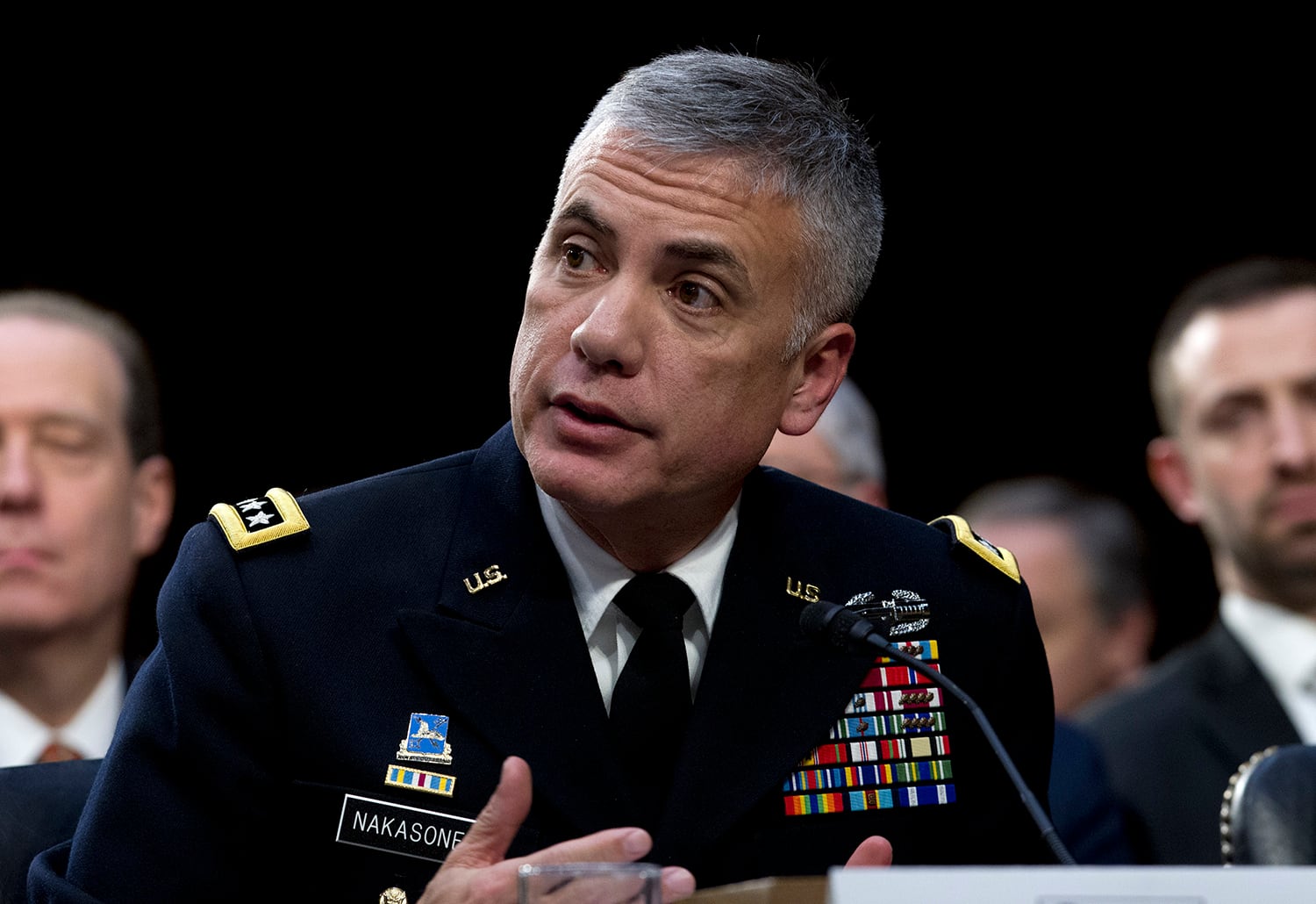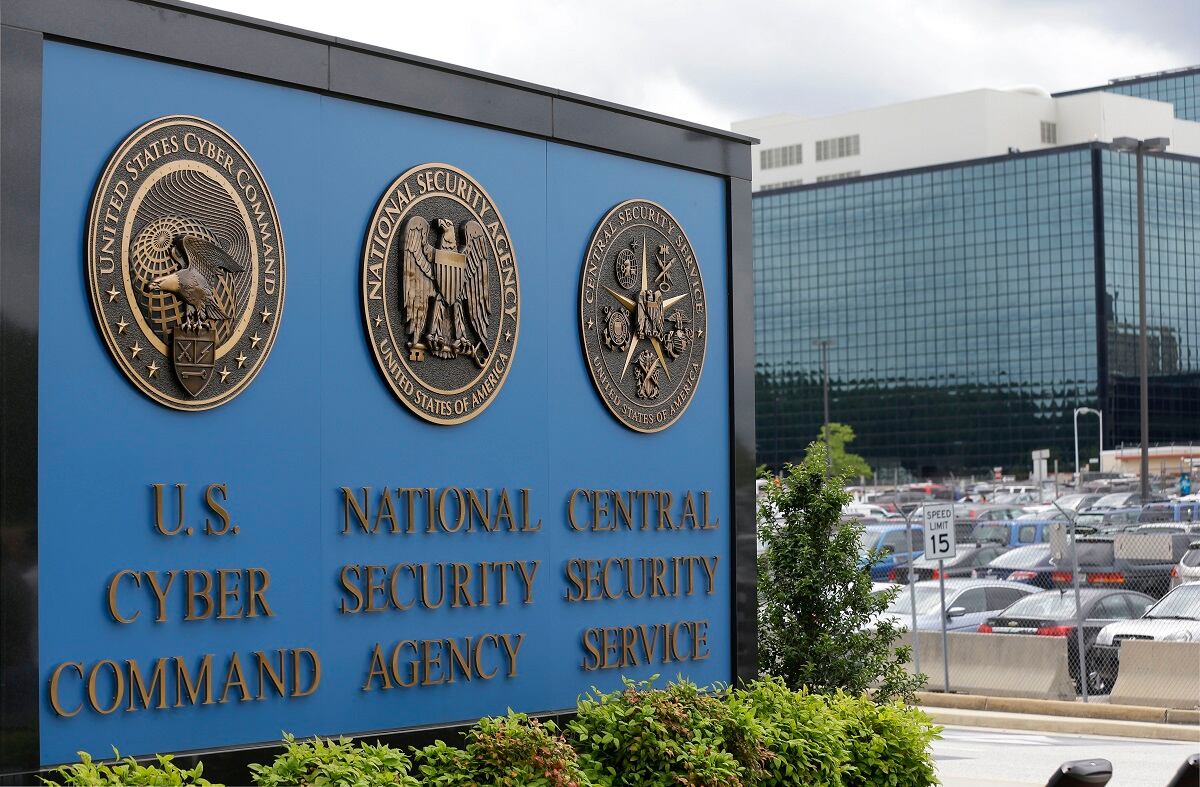The U.S. should consider an irregular warfare response to the hacking attack on a key gasoline pipeline if a link to Russia can be established, the chairman of the newly formed House Armed Services Committee Subcommittee on Intelligence and Special Operations told a special operations forces forum Wednesday.
“Absolutely,” said Ruben Gallego, D-Ariz, when asked if he would support a “proportional irregular warfare response” to cyber attacks on U.S. infrastructure if “we determine who’s responsible.”
Gallego, a Marine veteran, was speaking to the Global SOF Foundation’s SOF Imperatives Roundtable, a virtual event held by the Tampa, Florida-based professional association advocating for SOF globally. Gallego’s answer to the question about how to respond to the Colonial Pipeline hack came after suggesting that U.S. special operations forces train the Vietnamese military on irregular warfare tactics to counter any Chinese aggression.
RELATED

The Colonial Pipeline, the biggest fuel pipeline in the U.S., delivering about 45 percent of what is consumed on the East Coast, was hit on Friday with a cyberattack by hackers who lock up computer systems and demand a ransom to release them, according to the Associated Press. The attack is blamed on a Russia-linked criminal network and roundtable moderator Mark Mitchell, former acting defense secretary for special operations/low intensity conflict, asked Gallego how the U.S. should respond if responsibility is determined.
“It was a cyber criminal organization that lives in Russia, but Russia harbors then won’t extradite them and, at the same time, Russia uses them for when it is best — when it’s good for their interests,” said Gallego. “So they may not have directed this cyber ransom — that’s happening right now — but they certainly are culpable in that sense because they’re not letting us get to them. So if that’s the way they want to play, then, yes: we should respond in-kind and in an irregular warfare manner.”
RELATED

While Gallego never specified exactly what an irregular warfare response would be, it is defined as favoring “indirect and asymmetric approaches, though it may employ the full range of military and other capabilities, in order to erode an adversary’s power, influence, and will,” according to a 2007 Pentagon document.
“Irregular warfare doesn’t necessarily mean that the struggle by a state or non-state actor has to involve violence, although it can,” David Stephenson — who, until January, was director of the Joint Chiefs of Staff’s office of irregular warfare — said in 2018. “It could also include influencing populations through propaganda or intimidation.”
Gallego said a response in-kind is warranted if Russia doesn’t stop the hackers.
“If they want to hack U.S. systems, and the Russian government allows them to continue to do it, I think it’s something that we should be able to escalate back in that regard,” said Gallego. “We’re not going to shut down a pipeline in the middle of the winter and kill a bunch of them, but we have to show that we have the capability and the willingness to do it.”
RELATED

Taking actions a step further, Gallego suggested hitting the hackers in the wallet.
“We’re going to be able to identify it down to who the actual hackers are, right,” he said. “We should just go and just wipe off all of their accounts just literally take all their money, and just continue doing it to the point where we harass the hell out of them so that they start thinking about, ‘You know, do I really want to mess with the United States?’ That’s how we have to do this because if not, this is going to continue happening.”
An irregular warfare response now could stave off a shooting war later, Gallego said.
“China is engaging in this,” said Gallego, “and if we don’t create the threat of escalation, then deterrence won’t matter and this is going to keep on going to the point where it will eventually lead us to a true kinetic war.”
The “cyber terrorists will trip up at some point, and potentially mess with the wrong hospital and take down a whole hospital system and then hundreds of people die,” he said. “That’s when we start going from irregular warfare to warfare.”
Howard Altman is an award-winning editor and reporter who was previously the military reporter for the Tampa Bay Times and before that the Tampa Tribune, where he covered USCENTCOM, USSOCOM and SOF writ large among many other topics.




